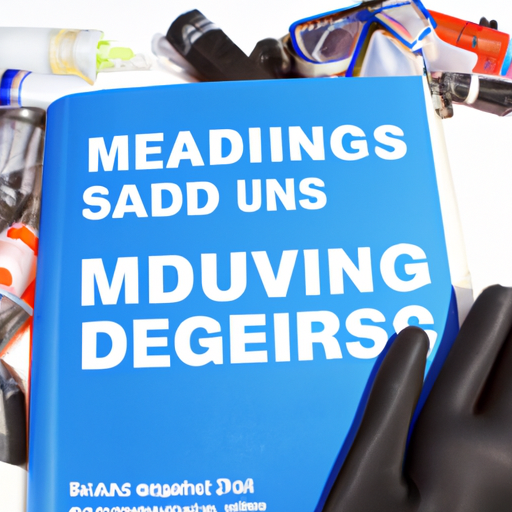
Scuba Diving and Medications: What You Need to Know
Welcome to the exciting world of scuba diving! As an adventurer, you likely have a passion for discovering the mysteries of the ocean, and lucky for you, scuba diving enables you to explore the beautiful and diverse underwater world. However, before you submerge, you need to be aware of the effects that medications can have on your dives. While most prescription drugs do not typically pose a risk to diving, there are some precautions you need to take.
Common Medications and their Risk Factors
There are certain types of medication that can alter your body’s response to diving. These medications can be prescribed or over-the-counter, and include everything from painkillers to cold medicine.
Painkillers
If you have a headache or any other mild pain, aspirin or ibuprofen is typically okay to take before diving. However, if you’re dealing with acute pain and require stronger medication, it’s highly advised that you do not dive while taking these drugs. Pain relief medication can mask symptoms of decompression sickness, which means that you may not be aware that you need urgent medical attention.
Allergy Medications
If you suffer from allergies, nasal decongestants and antihistamines are likely to be a part of your life. While these medications are okay for diving, they can cause drowsiness and dehydration, so make sure you take plenty of water with you on your dive.
Cold and Flu Medications
Medications for common cold and flu symptoms can be dangerous for diving. They can cause dizziness, dehydration, and interference with your ability to equalize pressure in your ears. If you’re feeling under the weather, it’s best to skip the dive and rest up.
Taking Precautions
Before you go on a dive, it’s vital that you’re honest with your diving partner about the medications you’re taking. Your buddy needs to have all the information they need to help you if you run into any trouble. There are also a few other things you can do to keep yourself as safe as possible:
- Keep your medication in a dry place, preferably in a sealed container to protect it from moisture.
- Take your medication at the right time and in the right dose. If you’re unsure, ask your doctor or pharmacist before you dive.
- If you’re on a new medication, make sure you try it out on dry land before you try it underwater.
The Bottom Line
Scuba diving is a thrilling activity that doesn’t have to be out of reach if you’re on medication. If you’re upfront about the medications you’re taking and take the necessary precautions, you can enjoy a safe and exciting dive. Don’t forget to be honest with your diving buddy, and if you’re ever unsure or feel unwell, take a break and rest up, because there will always be another opportunity to go diving.







